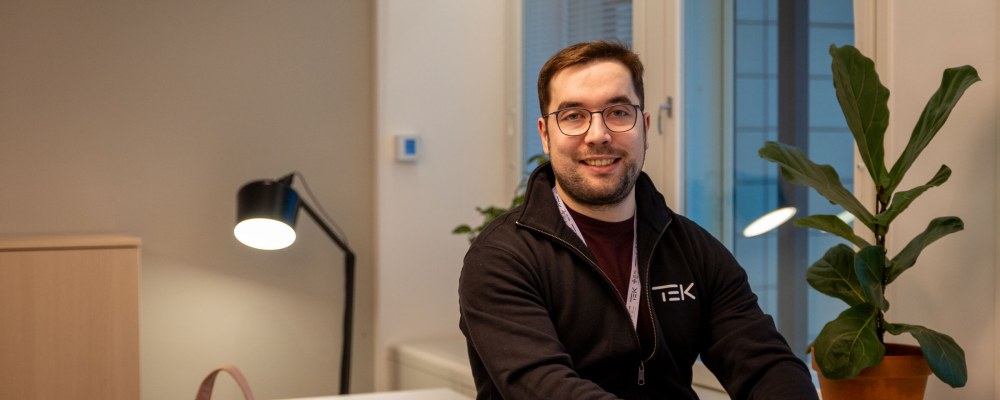
Growing up, autism was a regular topic in my life. I have one sibling diagnosed as autistic as a child, and another who, due to her symptoms being put down to shyness, remains only self-diagnosed. In addition, had the advancements in the understandings of the condition happened earlier, I have at least one parent who may well have been diagnosed as on the spectrum.
With all of these influences around me, it is perhaps not a surprise I display autistic traits and tendances. When younger, I was almost crippling shy, and I have always hated, and not really understood, eye contact. I feel uncomfortable if plans are changed or I don’t have all the facts, and on occasional days have sensory overload issues, with every noise deafening, every smell overpowering. It is hard to know where the line between nature and nurture truly lies, or indeed the point at which the spectrum begins.
From my experience, unlike what is usually shown in media, autism isn’t a superpower, but nor is it something that prevents a normal life. It is something that mostly just makes every day of dealing with a neurotypical world a little bit harder, and a little bit more tiring. It is something we should all try and understand, so we can all do everything in our power to make our collective lives easier.
Autism as an immigrant
My job at TEK is working on projects for international experts. Being an immigrant, and being autistic, are far from mutually exclusive. There’s a joke that Finland is the dream location for people on the autism spectrum, with the perfect combination of straight forward communication, a fondness for silence, and a love of personal space. There is truth in that, but what this idea undersells is the difficulty there is in moving countries, even more so for someone autistic.
Even with my mild traits, learning to be Finnish was not easy. There is a new culture, and new ways of communicating. There are new social cues, and different lengths of silence that divide “normal” from “awkward” conversation. As someone who had learnt to act as others expect me to, the definition of that concept was suddenly different, and still now I often find myself staring at others to work out how I should be acting, what mask I should be wearing.
Fortunately, the ways to help immigrants and people on the autism spectrum are also not mutually exclusive. Communicating clearly helps both the neurotypical and the neurodiverse in integrating with new social norms, and making more inclusive workplaces benefits everyone. Ultimately, a society that is open and welcoming to those with customs of their own is undeniably also one that caters better to the neurodiverse. What we must do then is strive for exactly that.
How to learn more
If the autistic experience is something you want to learn more about, I will end with the recommendation of a “Strong Female Character”, by Scottish comedian Fern Brady. It tells neither the science of autism, nor an exaggerated and false depiction. It simply talks about life as an autistic woman, and tells what could have been done better for her. I learned more from it than any other source on the subject.
